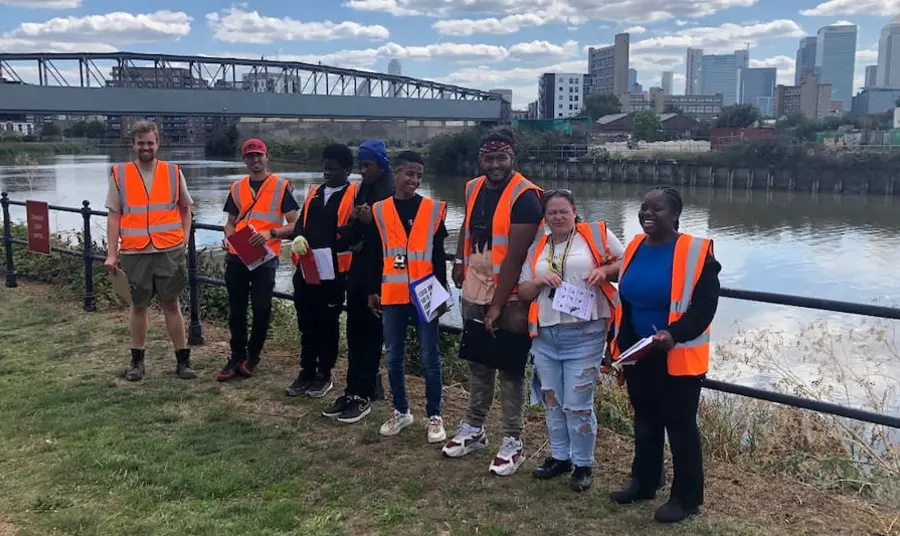Green Recovery Challenge Fund evaluation
The Green Recovery Challenge Fund (GRCF) was a short-term, competitive programme, developed as a direct response to the coronavirus (COVID-19) pandemic. It aimed to kick-start environmental renewal in England, while creating and retaining a range of jobs.
It was an £80million programme, delivered in two rounds. We distributed it on behalf of the Department for Environment, Food & Rural Affairs (Defra) and its arm’s length bodies, including Natural England, the Forestry Commission and the Environment Agency.
Supporting environmental projects
The GRCF aimed to support environmental charities and their partners to deliver projects focusing on nature restoration, nature-based solutions and connecting people with nature.
It was designed to fulfil the goals of the Government’s 25 Year Environment Plan, while helping to sustain and build capacity in the sector.

The evaluation reports
The programme evaluation has three strands:
- how policy decisions behind the creation of the GRCF were put into practice and what can be learned from this process
- the impact the funded projects have had in the land and nature sector
- the extent to which the programme represents value for money
The GRCF programme overall
Key headline figures for outputs across both rounds:
- conservation activities have directly benefitted 448,318 hectares and 1,159km of land across England
- 1,708,520 trees were planted in England across 693 sites
- 25,036 engagement events were attended by a total of 402,740 people both in person and online
- 609 elements of infrastructure were installed across 230 sites
- projects have directly supported 1,529 jobs (1,053 full time equivalent)
- through the project costs spent on goods and services, it is estimated GRCF has supported an additional 1,101 full-time indirect jobs
Round two
The final evaluation report from round two covers the remaining elements of the process evaluation, explores the value for money of the programme and how the funded projects contributed to the above overall figures.
We found that:
- The GRCF has delivered positive impacts on biodiversity, habitat quality and ecosystem health across England.
- Funded organisations have strengthened working relationships with a range of partners, resulting in longer-term engagement in local nature activities.
- The GRCF has had a positive impact on funded organisations’ capacity and resilience, including through recruitment of new staff and retaining staff at risk of redundancy.
- Funded projects have diversified their service offer, secured funding via other funding streams and accessed new markets.
The previous round two interim reports track projects’ progress throughout the delivery period.

Round one
The final evaluation report from round one details the impact of funded projects, explores the value for money of the programme and the lessons learned from overall delivery of round one. The interim report provides an in-depth review of how the funding was launched and delivered, focusing on the early stages of the programme.
Key findings from round one:
- Participants and stakeholders generally agreed the programme met the needs of the organisations working in the land and nature sector.
- It balanced immediate financial needs resulting from the pandemic with funding for longer term environmental objectives.
- The GRCF was the primary funding source accessible to the land and nature sector when it was launched. It was significantly over-subscribed and could usefully have been a larger fund.
- The quick roll-out of the GRCF was generally commended by participants and stakeholders. However, for some it still launched too late after the pandemic and the short application window was challenging.
Find out more
To read more, you can download the full reports from this page.
Our research and evaluation
We regularly conduct research to discover what is happening in the heritage sector, and we evaluate our work to better understand the change we are making. Read more of our insight.